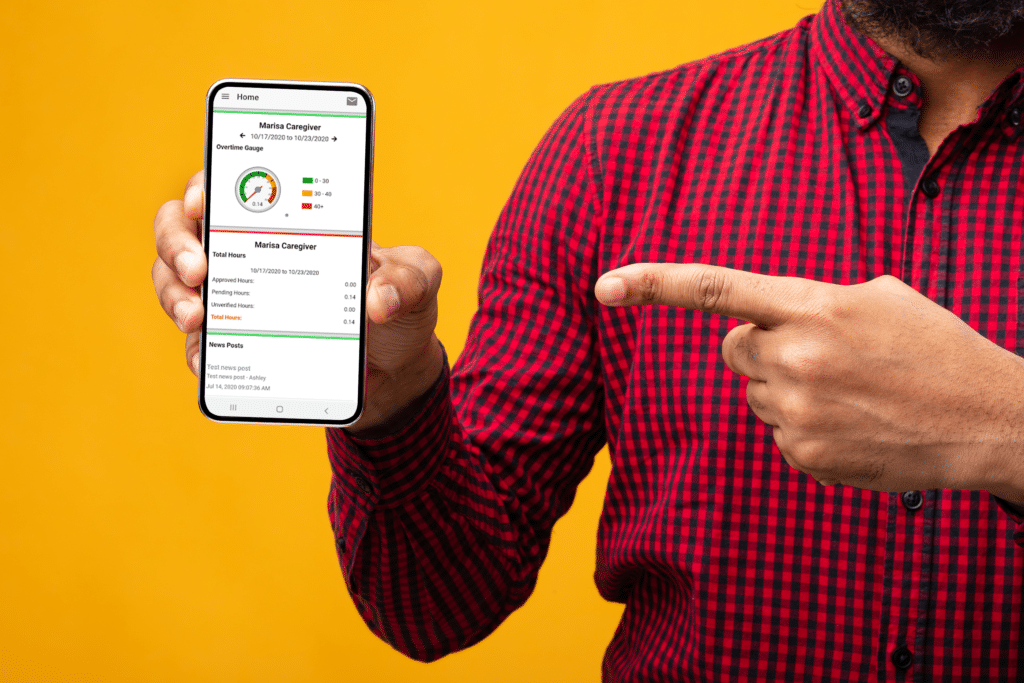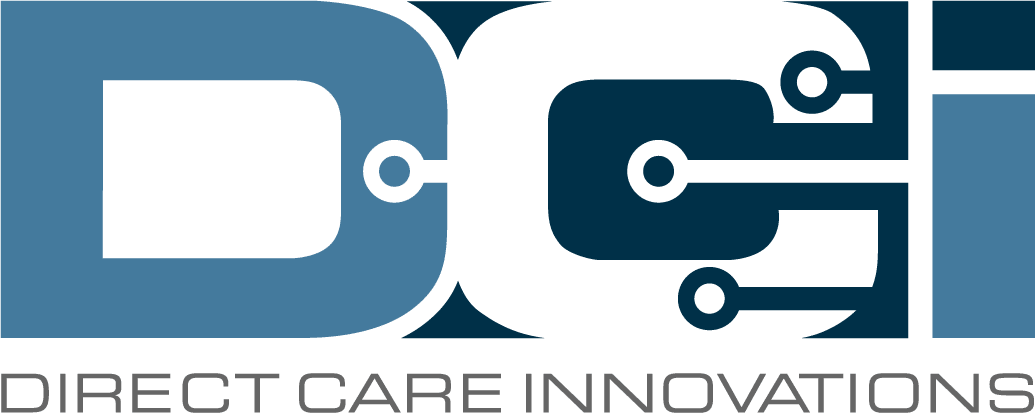How to Prepare for the Electronic Visit Verification Mandate
By now, you’re familiar with the federal Electronic Visit Verification (EVV) regulation. The mandate requires caregivers for the elderly or developmentally disabled to track visits electronically. In addition to the length of time and other visit details, GPS functionality also fulfills the requirement. Direct Care Innovations understands the burdens placed on caregiver agencies and managed healthcare systems. To that end, we aim to share the regulatory details and how your organization can successfully achieve its goals.
Electronic Visit Verification in the 21st Century Cares Act
The 21st Century Cares Act requires electronic evidence for every Medicaid-funded visit relating to caregiving. The personal care services requirement went into effect in January of 2021. However, home health care services have until January 1, 2023, to comply, allowing best practices to develop. To that end, agencies advocate for smartphones to track and capture necessary data for reporting purposes.
Provider Device Options to Attain Compliance
Mobile devices account for the majority of real-time EVV tracking. However, providers must determine whether to allow caregivers to use their own devices, provide them, or purchase specialty devices. Each option brings its own costs and benefits. Ultimately, whatever device you use should protect personal health information (PHI) and comply with EVV. Achieving compliance requires the appropriate technical and security features.
The Pros and Cons of Device Options
Personal devices require organizational intervention to achieve compliance. For instance, IT departments ensure devices include the proper operating system, encryption, and security necessary to protect employee and client data. Because employee devices vary widely, the level of intervention varies per device. Some devices require a deeper level of oversight and maintenance, which translates into additional costs. Some organizations find that the extra oversight and cost burden outweigh the benefit of personal devices.
Other agencies opt to purchase organizational devices to provide to their caregivers. This option allows for conformity, consistency, and complete control over EVV technology solutions. On the other hand, the option also requires an outlay of cash to purchase the devices. Additionally, these groups require data plans and other recurring costs to support the effort.
Still, other organizations leverage specialty devices to be used exclusively for EVV. This option reduces the initial cost outlay for devices and setup. However, ongoing fixes, updates, and tech support often require individual attention. Depending on the organization’s size, it may not make sense to position your group to fix individual devices and manage compliance violations constantly.
An Enterprise Solution
Agencies often find that leveraging an enterprise solution makes the most sense for them for several reasons. First, the provider accepts responsibility for its product’s compliance and operation. Second, updates and patches occur remotely without end-user engagement. Third, the enterprise solution provider addresses any regulatory changes or discrepancies between state and federal requirements. Finally, an enterprise solution can incorporate additional software programs and features that provide robust solutions beyond EVV.
DCI provides EVV solutions in addition to business management software, including payroll, billing, training modules, and more, for clients in all 50 states. Request a demo or call us at (480) 295-3307 to see what we can do for you.

